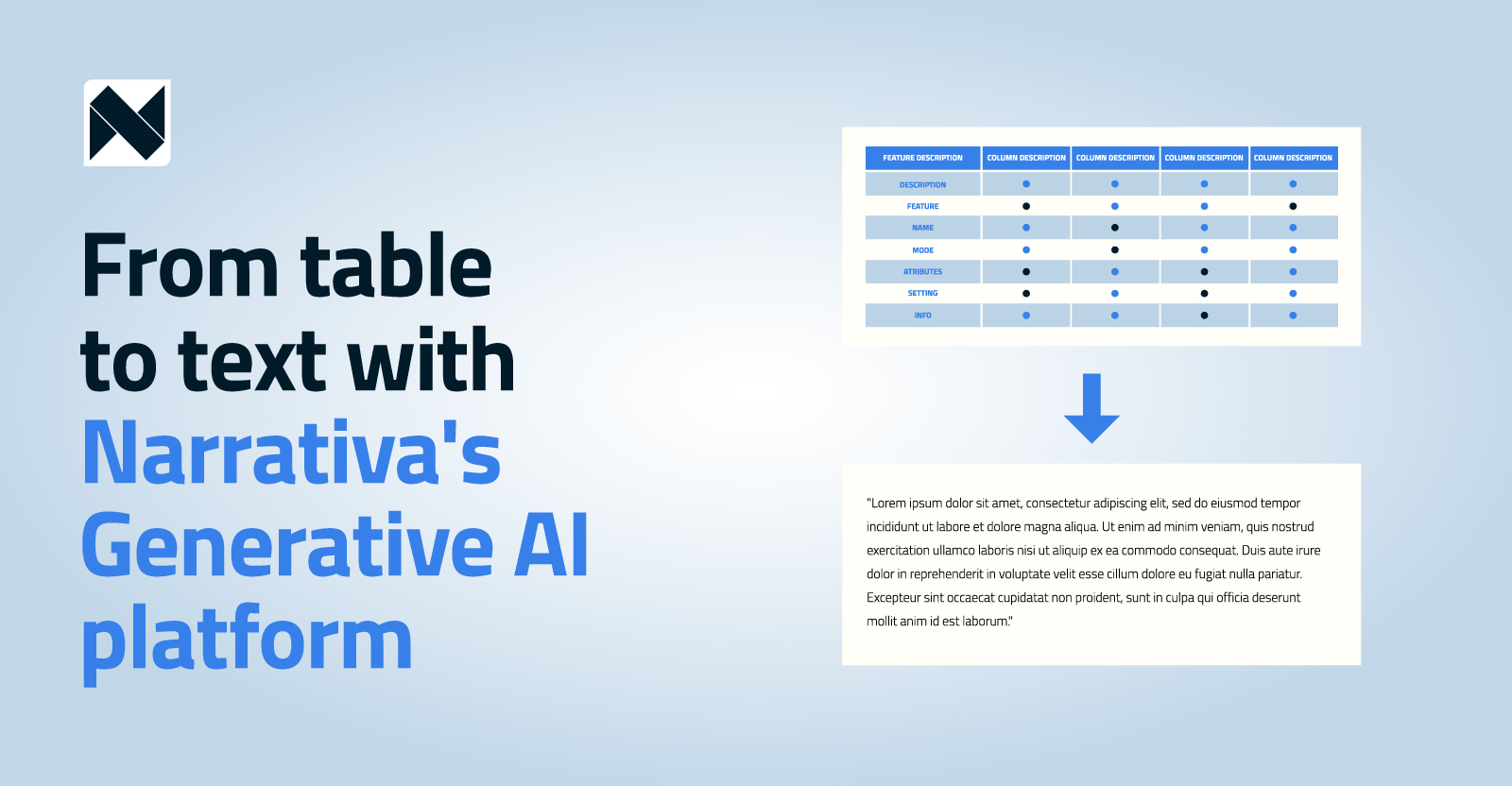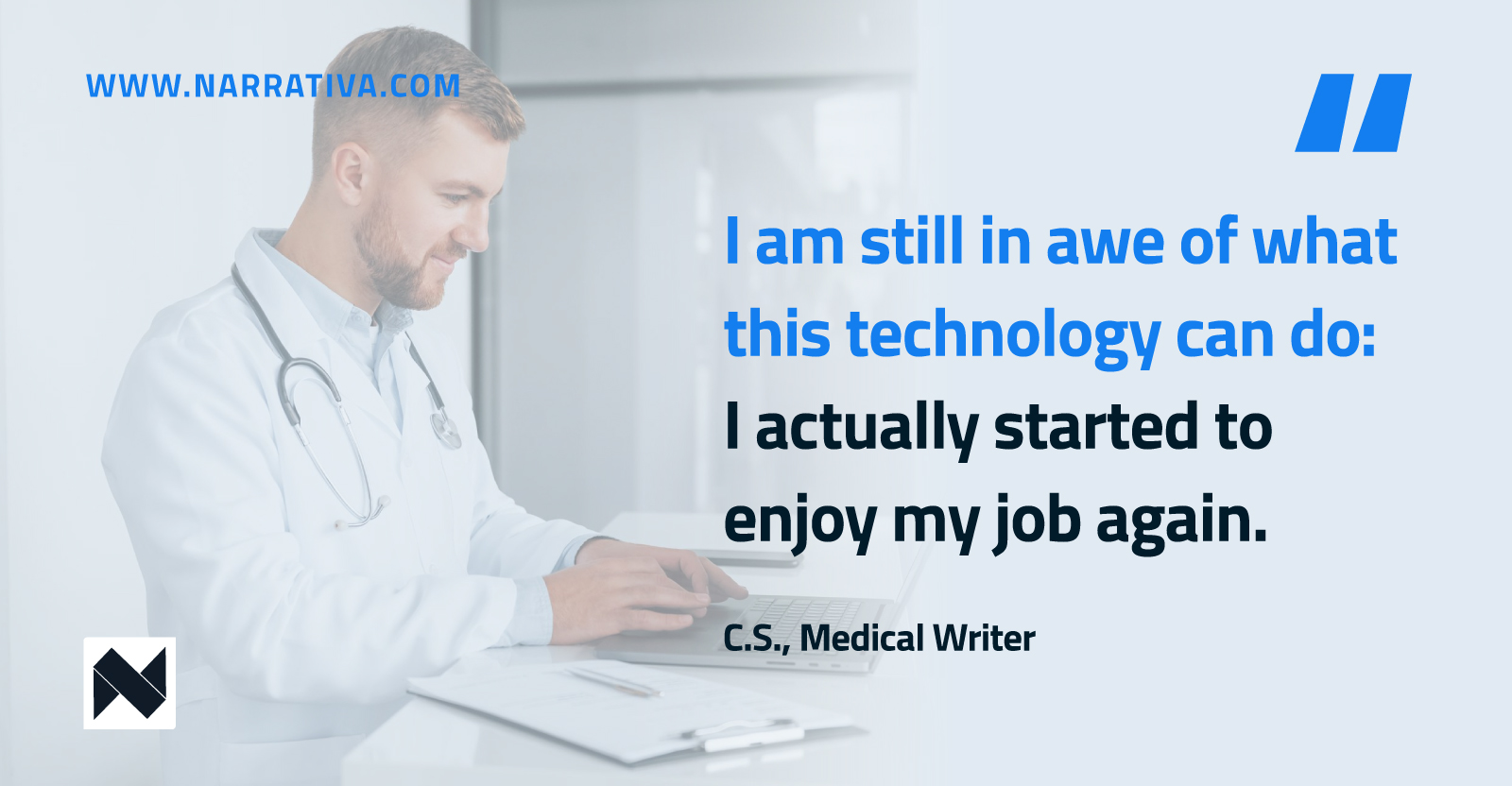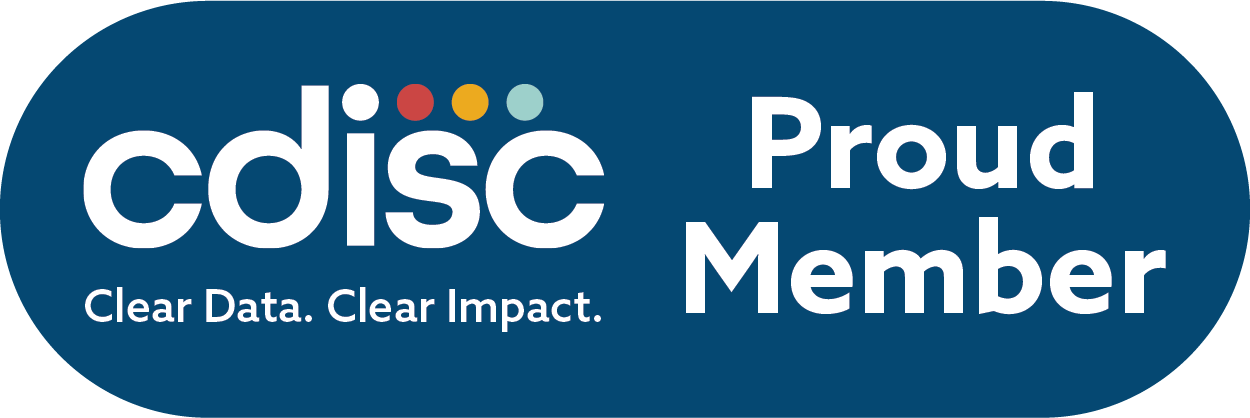July 18, 2023
Revolutionizing the Future: How the FDA is Harnessing AI

By Ehab Naim
The initial and subsequent releases of the generative pre-trained transformer 3 (GPT-3) language model have added significant momentum to the adoption of artificial intelligence (AI) across various fields, including healthcare. In this area, it is being adopted to develop medications and treatments, support physicians’ efforts in diagnosing diseases, organize hospital workflows, and much more. This growth has sparked the interest of regulatory agencies, like the Food and Drug Administration (FDA), about the potential of this technology and its impact on the health of the general population. As such, the FDA has released several publications outlining proposals and discussions to learn and develop a mutual understanding of the potential of AI in drug development, manufacturing, and its incorporation in medical devices. Let’s explore more about this!
AI has the potential to help the FDA promote its mission
The FDA has released a discussion paper that seeks to review AI’s potential on several processes throughout the product lifecycle. This is important to the agency since it’s charged with protecting, promoting, and advancing public health. Therefore, it realized that AI could vastly reshape the ways in which it carries out its mission. In this paper, the FDA covers three main areas that relate directly to consumer health. Let’s learn more about these areas.
The first area: The drug development process
The FDA recognizes and understands how AI and its related technologies, like machine learning (ML), natural language processing (NLP), and natural language generation (NLG), could impact the process of drug development. This is because such technologies facilitate delivering safe and effective drugs to patients in a faster manner. In turn, this improves patient access to broader therapeutic options, enhancing health equity. In addition, it ensures that the manufacturing process is of higher quality, improving the overall safety of treatments. The FDA also covers the area related to developing new treatments and classes of medications since it allows finding potential treatments for conditions where there is still a need for safer and/or more effective care.
The second area: The concerns and risks
In this part, the FDA discusses the concerns associated with the use of AI and shares some of the agency’s views on the responsible use of AI technologies. It also provides an overview of general practices and standards that could promote the responsible use of AI across various phases of the drug development process. This is because this undertaking is delicate and careful consideration of the risk-benefit profile must be evaluated. Consequently, adopting an approach to assess the potential benefit and risks associated with the use of AI promotes innovation while safekeeping the interest and health of the public.
The third area: Advancing knowledge through stakeholder engagement
Here, the FDA expresses its interest in improving knowledge and understanding more about the possibilities that AI and related technologies offer to various areas across the drug development process. The FDA also highlights that it is open to dialogue with stakeholders and seeks input from subject matter experts who can provide relevant knowledge and information.
Where does Narrativa fit in this narrative?
Narrativa is the leading generative AI solutions provider that supports pharmaceutical and biotechnology companies in their quest to get their products to the market faster by speeding up the regulatory document generation routine. Our solutions have been utilized by life sciences professionals in the creation of everything from patient safety narratives, (a part of the clinical study report, or CSR), to very time-consuming Tables, Listings, and Figures (TLF). Another solution that our clients use is the anonymization and redaction tool, which helps protect the privacy of both our clients and their trial participants. Our solutions require no programming experience and results can be delivered in a matter of minutes.
In addition to the above, Narrativa helps the life sciences industry in many other ways, including implementing and creating new tools inspired by those who approach us with requests to solve the challenges that their medical writing teams, statistical programmers, and other stakeholders face!
In conclusion, the use of AI and related technologies are garnering significant attention from regulatory authorities like the FDA. Narrativa is the perfect partner to help you expedite the regulatory submission process through our growing suite of generative AI technologies. Save your teams money and months of work trying to create complete and regulatory-compliant documents for submission to agencies like the FDA and introduce your products to the market faster!
About Narrativa
Narrativa is an internationally recognized generative AI content company that believes people and artificial intelligence are better together. Through its proprietary content automation platform, teams of all types and sizes are empowered to build and deploy smart composition, business intelligence reporting, and process optimization content solutions for internal and external audiences alike.
Its tech stack, consisting of data extraction, data analysis, natural language processing (NLP), and natural language generation (NLG) tools, all seamlessly work together to produce content quickly and at scale. In this way, Narrativa supports the growth of businesses across a variety of industries, while also saving them both time and money. Accelerate the potential with Narrativa.
Contact us to learn more about our solutions!
Share







